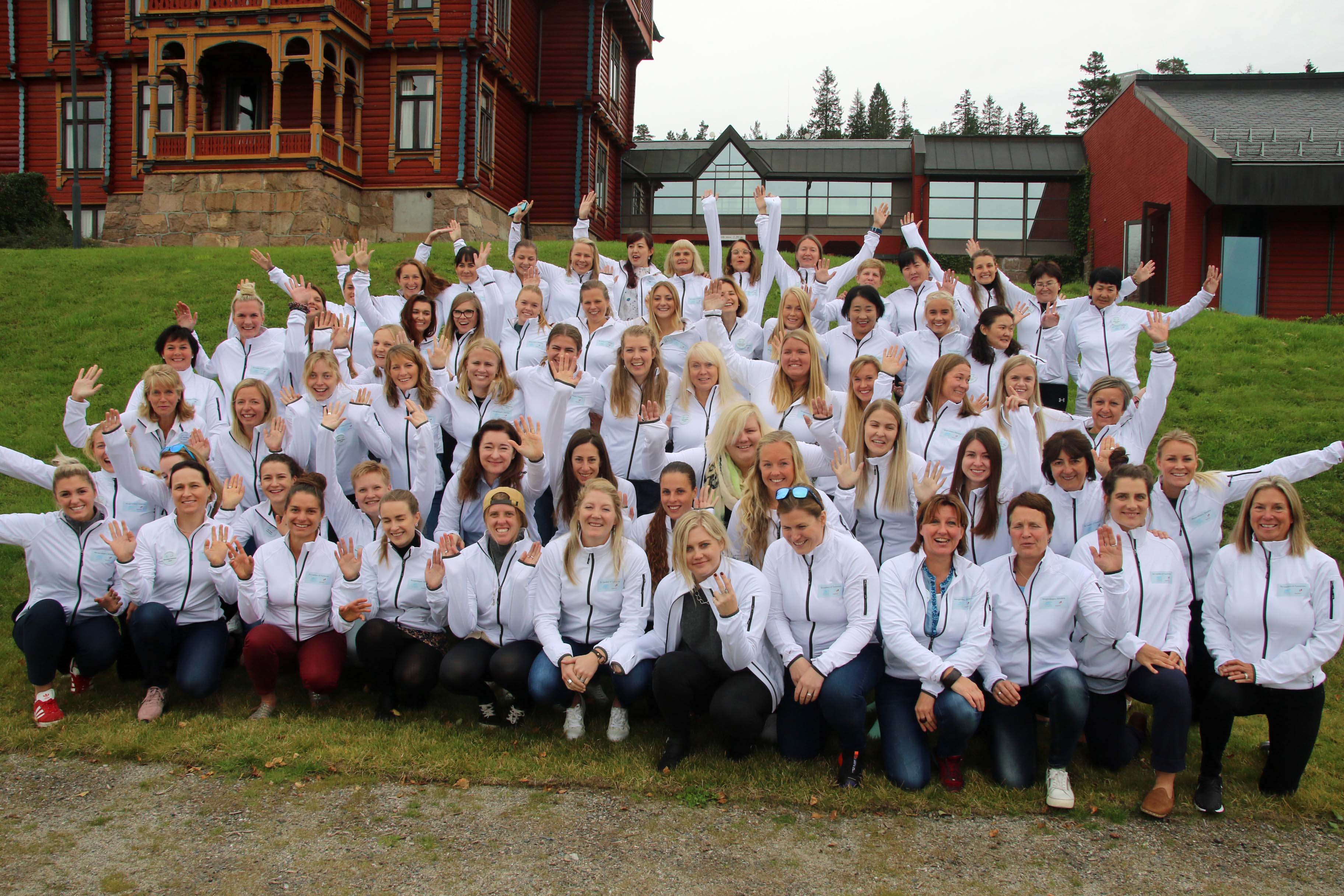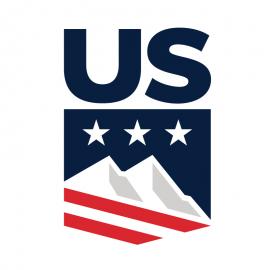Female Ski Leaders of Tomorrow Converge in Norway

As a national and global leader in snow sports, U.S. Ski & Snowboard is committed to fostering, cultivating and maintaining a culture of diversity and inclusion throughout its organization.
Almost 50% of the total ski and snowboard competitors in the United States are female, from the grassroots level through to the elite teams. However, this number is not reflected in the overall snow sport coaching population. U.S. Ski & Snowboard has committed to working toward more gender equity in all ranks of coaching, by removing barriers to women in coaching and working toward recruiting, developing and retaining more women in the field of coaching.
“Our mission is to lead, encourage, and support athletes in achieving excellence by empowering national teams, clubs, coaches, parents, officials, volunteers, and fans,” said U.S. Ski & Snowboard Club Development Manager Ellen Adams. “We are dedicated to organizational excellence. One of the keys to achieving excellence across an organization is creating an environment in which diversity is valued, equity is striven for and inclusion is embraced.”
This fall, the Norwegian Ski Association invited all women involved with coaching or sports administration to the inaugural Ski Leaders of Tomorrow International Female Seminar held September 13-15 in Oslo. U.S. Ski & Snowboard embraced the opportunity and sent a contingent of four women to provide a unique and meaningful educational and professional development experience, including Senior Manager of Sports and Athletes Kate Anderson; Snowboard Big Air Slopestyle National Development Coach Nichole Mason; Women’s Alpine Assistant Coach Katie Twible; and Adams.
In February 2018, the Norwegian Ski Federation started a strategic, sustainable development program called Ski Leaders of Tomorrow. The three-year program offered 25 participants a personal mentor. The main objective of the program is to develop more women in elite coaching and executive sports management. After seeing the success of this program, Norway invited its international counterparts to share its findings and learn from international views. The conference featured presentations and keynote addresses from Marit Bjørgen, the most decorated Winter Olympian of all time, FIS Secretary General Sarah Lewis, and Sports Manager Alpine in the Norwegian Ski Association Claus Ryste.
“Norway’s willingness and ability to really take a critical and unbiased look at themselves to see what they were doing well and what they weren’t was really inspiring,” said Anderson. “They were really open about saying ‘Here’s where we were disappointed with ourselves and here’s how we’re going to change it.’ It was nice to know we’re not working in a vacuum, there’s a whole global network of people that have the same goals and same passion to move us forward in terms of women in coaching, women in leadership and gender balance.”
“Meeting and seeing the twenty-two different countries with 72 women from all different backgrounds come together to empower, support, tell individual stories, and learn from each other on how to keep improving ourselves in not only our jobs, but in everyday life was so impactful,” said Twible. “This conference is a starting point, but after attending it, I realized that the U.S. is definitely becoming a leader in recognizing and hiring capable females in the same roles that may have been more male-dominated. In my role as a coach, I hope to keep showing my athletes that they are capable and it doesn’t matter whether they are male or female, they just need to be good humans and work hard.”
Although hosted by a ski federation, the conference was open to all women in sport. There was representation from rowing, swimming, and other sports outside of skiing. “The lessons are universal,” said Anderson. “It wasn’t hyper-technical, it wasn’t exclusive. Everyone was there to build each other up, which was really cool.”
Women in coaching and leadership positions in sport is important because it provides diversity of thought and perspectives. “You really get different perspectives with a diverse staff,” said Ellen. “It will push your club or organization forward to have women and men in a balanced proportion.”
Key takeaways from the conference were actionable steps U.S. Ski & Snowboard can take to positively impact gender balance, including hiring practices, women specific trainings and a more formal mentorship program.
“My big key takeaway from this conference is switching my mindset from seeking mentorship to becoming a mentor,” said Nichole. Growing up with an older brother and competing in snowboarding when there was less of a female presence than there is now taught Nichole to push herself outside of her comfort zone. “I hope to share my past experiences while fostering a more nurturing environment to gain higher retention rates from not only the female coaching community but the female athlete pool as well. This experience made me open up my scope of awareness from the snowboard community to the global female community. We can be powerful working with each other. This conference has truly inspired me to embrace my love for coach education and become a leader in doing what I love.”
In a commitment to work toward continual improvement and a more inclusive and diverse community, U.S. Ski & Snowboard has created two working groups: An internal Diversity and Inclusion Committee focused on overall organizational principles, practices and culture, and a Gender Inclusion in Ski and Snowboard Coaching Task Force focused on recruiting, developing and retaining more women at all levels of coaching from grassroots to elite. Both of these groups are passionate about educating our stakeholders on why diversity and inclusion matter, as well as positively impacting organizational culture and performance for the benefit of all staff, coaches and athletes.
